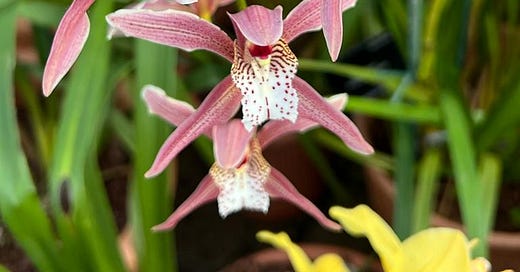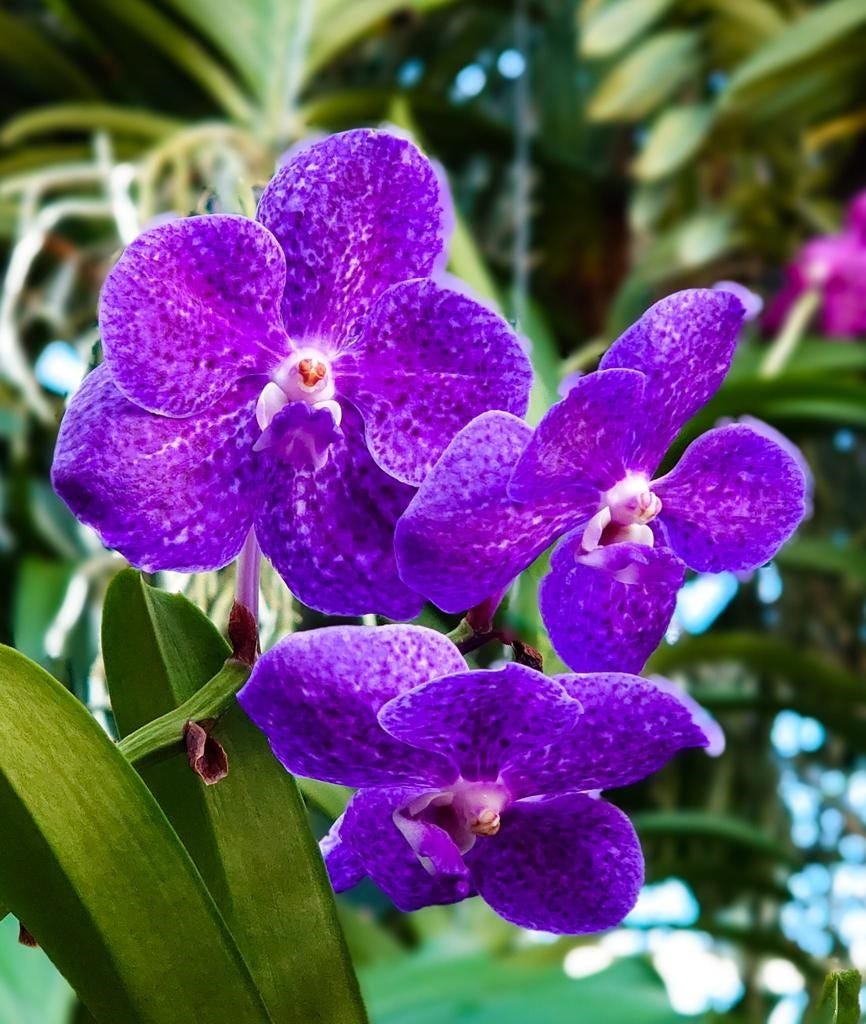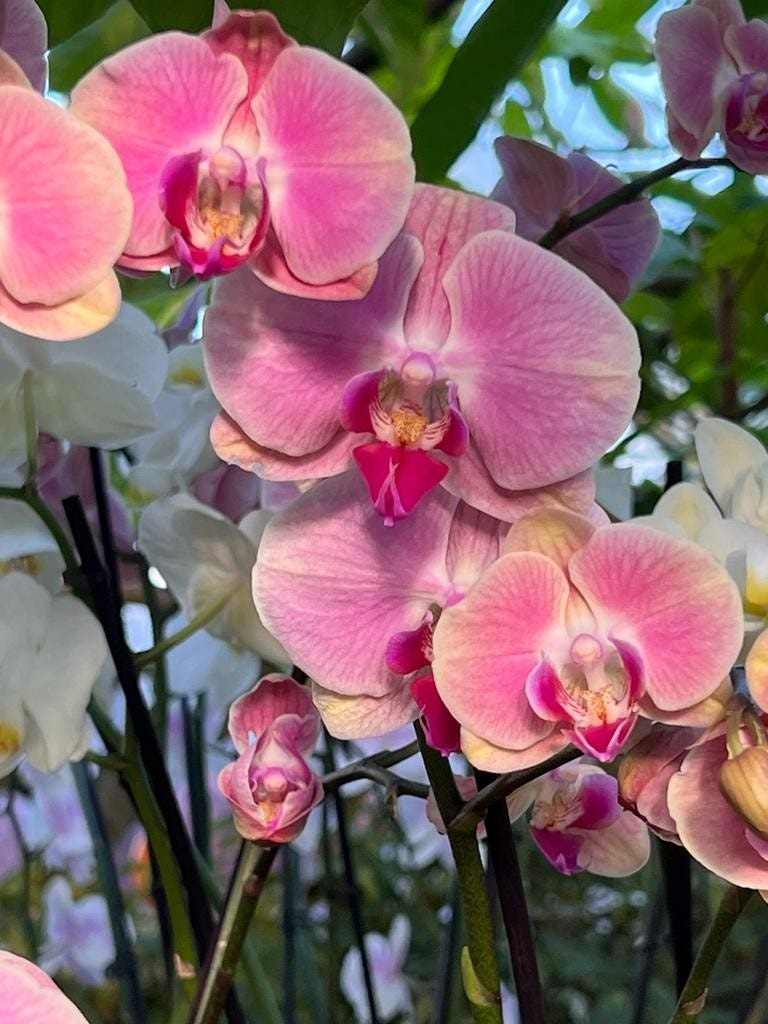I warmly welcome you to join The HSP Revolution membership community — where I host two live workshops per month, post daily inspiration, and provide opportunities to share and connect. See you there!
I’ve never been a fan of labels, even though my profession — clinical psychology — seems to come up with a new one every day.
Labeling people can feel like a form of judgment.
We know that everyone is unique. So there’s always a risk that categories will obscure the individual radiance emanating from the core of every human being.
But there’s another side to the story.
In my years working with clients from all walks of life, I’ve seen how diagnostic frameworks built on robust evidence have helped many of them make sense of their problems — and enabled me to provide appropriate support.
Of course, the term Highly Sensitive Person (HSP) is far from being a diagnosis or disorder: It’s a term coined by American psychologist Dr Elaine Aron to describe a healthy, innate temperament possessed by an estimated 30 percent of the population who process sensory information, thoughts and emotions more deeply than most. High sensitivity shows up in as many men as it does women, and both intraverts and extraverts can be HSPs.
And it’s by no means the only term in use by sensitivity researchers. Professor Michael Pluess, a developmental psychologist at the Queen Mary University of London, uses the term “environmental sensitivity” to capture how some people are more sensitive to input from their surroundings.
Michael offers an online sensitivity test on his research platform. But researchers acknowledge that no such scale can ever be perfect. There will always be trade-offs baked into the models that mean certain forms of sensitivity — perhaps low tolerance for noise or bright lights, for example — may have a higher weighting than others. I’ve seen people that I consider classic HSPs score relatively modestly on sensitivity scales — another reason I’m hesitant to place too much weight on the term. Sensitivity exists on a spectrum — and everyone is sensitive in different ways.
Nevertheless, HSP is the term I’ve landed on — and it’s the core concept at the heart of my new online membership community, a warm, nourishing space where I provide daily doses of inspiration, host workshops, and bring HSPs together to support each of us on our individual journeys of self-empowerment.
Since I know the term HSP can have something of a Marmite quality, I wanted to say a little more about why and how I use it — and why I try to hold it lightly.
Shared Discovery
So many of the HSPs I’ve worked with have spent their lives feeling different, misunderstood and like they don’t belong.
Learning about the term HSP can be a light bulb moment where they recognise: “I’m okay. I’m not weird. There’s nothing wrong with me.”
This journey often starts privately — reading books, listening to podcasts, or following this newsletter.
Once you’ve done a certain amount of work to understand yourself better, the next step is often to try to share what you’re discovering with the people closest to you. It can be a huge help if you’re in a couple, for example, if you can help your partner understand how your sensitivity shapes your experiences, and why you might react to situations differently than they do.
This isn’t always straightforward.
Family members, friends and colleagues — each will have their own preconceptions triggered by the word “sensitive.” Some might be supportive, others less so.
As we begin to gain a greater awareness of the role our sensitivity may have played in shaping our lives, other’s judgments start to matter less to us. And we often feel an impulse to connect with people who are also finding the HSP framework a useful tool in their own self-exploration.
Because the label is not what’s important — it’s how we relate to it.
If the term HSP helps you to learn to manage your energy better; structure more downtime; establish healthier boundaries, and develop more confidence in your creativity, intuition and capacity for big picture thinking, then you’re on the right track. But buying into the story of our sensitivity too wholeheartedly can limit us if we begin to place too much emphasis on our potential for burnout or overwhelm — costing us social or work opportunities we might otherwise enjoy, for example.
And you don’t have to think of yourself as an HSP — or award yourself any kind of label — to be curious about understanding more about how sensitivity manifests in your own life — or in the lives of the people close to you.
Psychologists sometimes use the term “orchids” to refer to HSPs — to convey the idea that highly sensitive children, in particular, need careful nurturing and the right environment in their early years, if they are going to thrive and flourish. There are 28,000 varieties or orchid — as I discovered while visiting an orchid exhibition at Kew Gardens with my five-year-old daughter last week. It was a beautiful reminder of the importance of appreciating the uniqueness of each individual — person or flower.
“Soul Tribe”
There are no rules for managing sensitivity. I created The HSP Revolution online community because I’ve seen many times the extraordinary power of supportive communities to help individuals embrace more of their potential — and accomplish the kind of transformations we all struggle to manage on our own.
I wanted a space where members can undertake a shared exploration of how sensitivity shows up in each of us, and how we can each find our own unique ways to appreciate the joys — and manage the potential vulnerabilities — that high sensitivity brings.
Above all, I want members to experience that sense of relief that comes with finally discovering a sense of belonging; of home; of finding our “soul tribe,” as one member put it.
I’ve found the pioneering work on HSPs by Dr Elaine Aron and others immensely helpful for understanding myself and many of the people I work with. On a practical level, reading their research has allowed me to develop new ways to look after myself. Just as importantly, the HSP concept has helped me live more in alignment with my deepest values — and support others to do the same.
So my invitation is to embrace the insights, community support and practical tools the HSP framework can help you access — while always remembering that exploring your sensitivity is only one phase in a journey to transcend all labels, and connect with something much bigger than ourselves.
See you next week!






